This trend is related to career aspirations and career orientation, in which students shift their priority to medical school.
New data from Jongro Academy, one of the country's largest college prep schools, shows that the number of freshmen from specialized schools admitted to the three “SKY” universities (Seoul National, Korea University and Yonsei) has dropped to its lowest level in five years.
Competition for admission to the SKY universities has long been likened to a “life and death exam” in Korean education . According to 2024 statistics, only about 1.2% of applicants nationwide have a chance of being admitted to Seoul National University, the top school in the SKY group. All three schools have acceptance rates below 5% in popular majors, especially law, business, and artificial intelligence.
In 2024, only 3,300 students from specialized schools will be admitted to these three universities, a decrease of 263 students (equivalent to 7%) compared to 2023. Previously, this number remained quite stable, fluctuating around 3,700 students from 2021 to 2023. Specifically, Seoul National University will accept 1,300 students, Korea University will accept 1,100 students and Yonsei University will accept 989 students.
By school type, the most significant decline came from independent private high schools with a decrease of 11.4%, followed by foreign language and international high schools with a decrease of 7.2%. Science high schools only saw a slight decrease of 2.9%, while science academies for gifted students recorded an increase of 6.6%.
Experts say the main reason is the change in admissions policy, especially the expansion of quotas for medical schools. In 2024, the quota for medical schools increased to 5,000, causing many excellent students to switch from traditional universities to study medicine at many other schools across the country.
In this context, many opinions say that science-specialized high schools and gifted academies can shift to engineering, especially artificial intelligence and semiconductors, areas that are being prioritized for development by the Korean government .
However, the future direction of universities remains unclear. With the medical school quota expected to return to its previous level of 3,000 next year, it is not impossible that the enrollment trend will reverse.
However, it is clear that the dominant model of specialized schools is being challenged. The new context requires students and parents to adapt quickly, no longer relying on the reputation of specialized schools but to build comprehensive capacity, in accordance with Korea's increasingly flexible and diverse admissions system.
Specialized schools in Korea are high-quality public and private general education institutions that usually train students in a specific field instead of universal education like traditional public schools. Models of specialized schools include foreign language schools, natural science schools, etc.
Source: https://giaoducthoidai.vn/truong-chuyen-mat-loi-the-tai-dai-hoc-hang-dau-han-quoc-post738818.html




![[Photo] Parade to celebrate the 50th anniversary of Laos' National Day](/_next/image?url=https%3A%2F%2Fvphoto.vietnam.vn%2Fthumb%2F1200x675%2Fvietnam%2Fresource%2FIMAGE%2F2025%2F12%2F02%2F1764691918289_ndo_br_0-jpg.webp&w=3840&q=75)
![[Photo] Worshiping the Tuyet Son statue - a nearly 400-year-old treasure at Keo Pagoda](/_next/image?url=https%3A%2F%2Fvphoto.vietnam.vn%2Fthumb%2F1200x675%2Fvietnam%2Fresource%2FIMAGE%2F2025%2F12%2F02%2F1764679323086_ndo_br_tempimageomw0hi-4884-jpg.webp&w=3840&q=75)


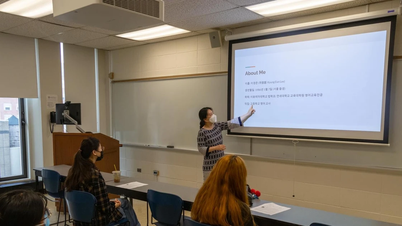


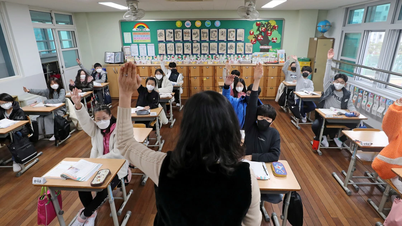


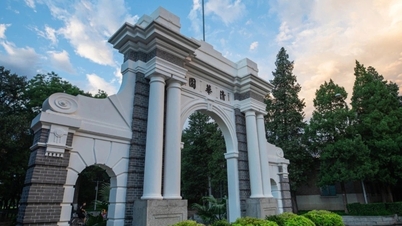






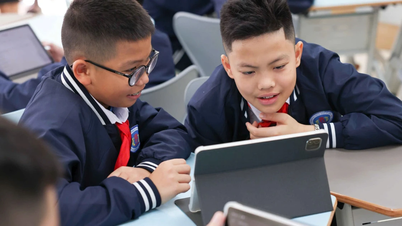







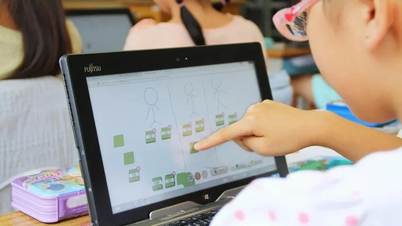

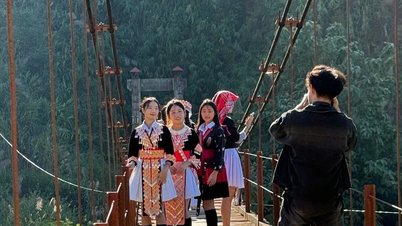
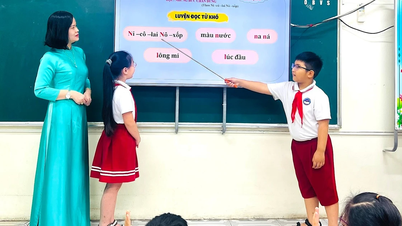

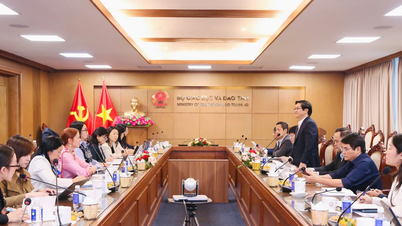
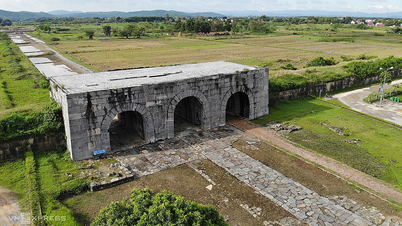










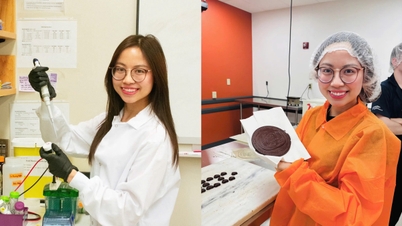












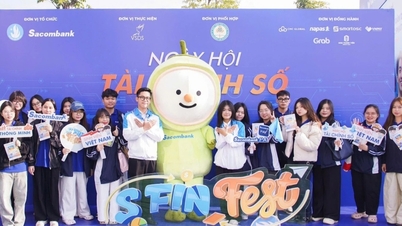









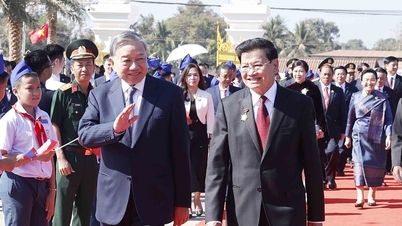
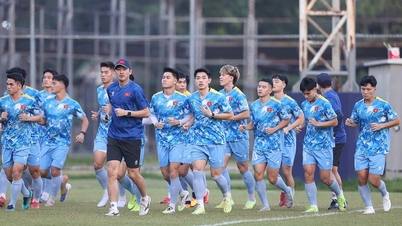


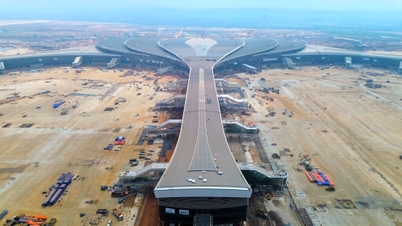

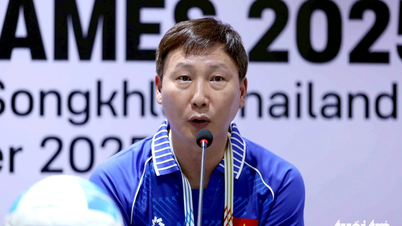
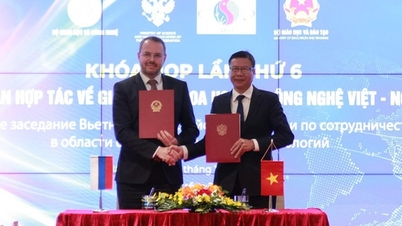
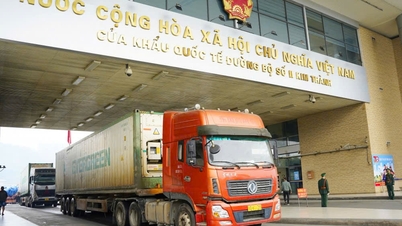

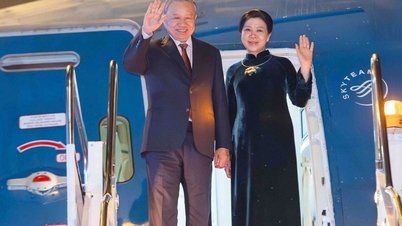

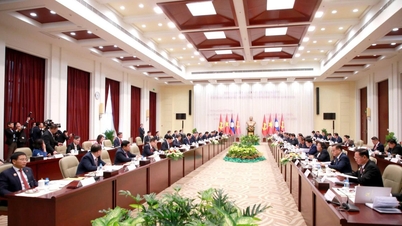

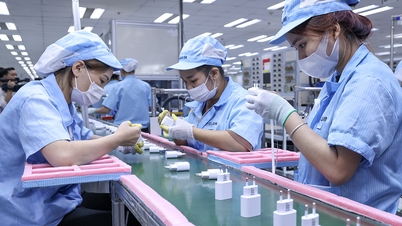
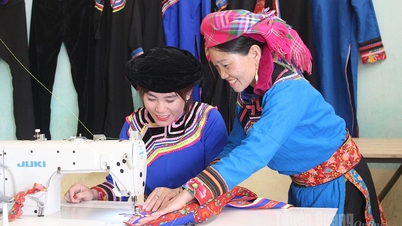


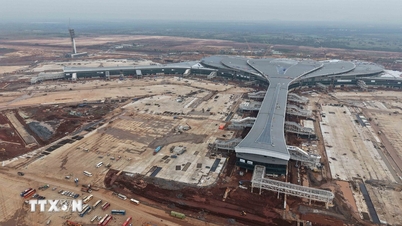




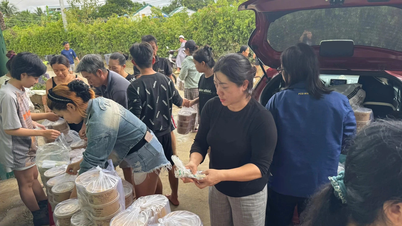













Comment (0)